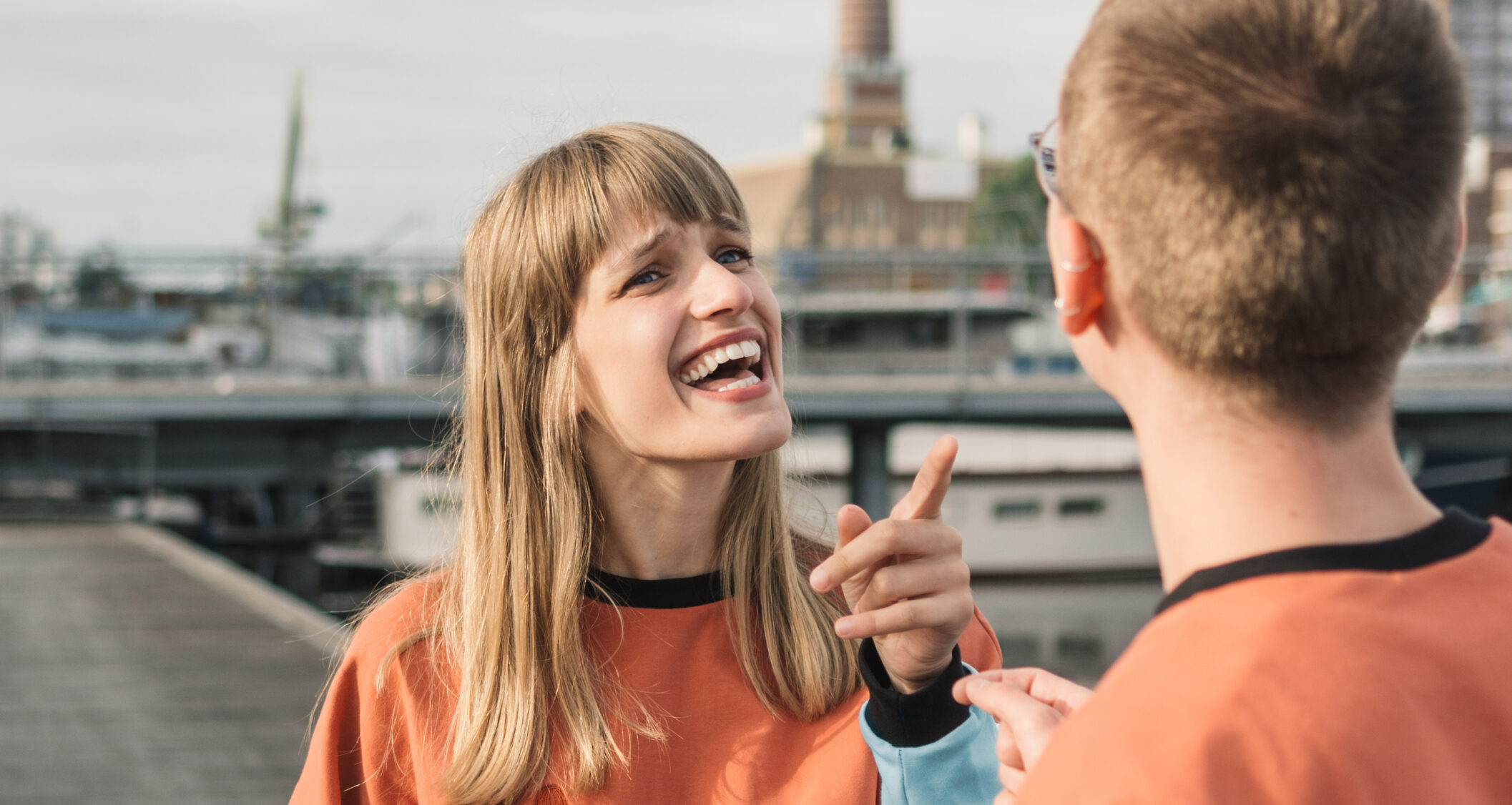
Let’s take care
of this planet
What a great planet this is, isn’t it? Anyone who has been following my work for any length of time (thank you, mum!) knows that I am madly in love with this lightning-fast spinning rock. So I like to contribute through cartoons with a message and a webshop full of sustainable gadgets. And that is not a gratuitous sales pitch; I am sincerely trying to reduce my impact on our earth’s resources. With my focus on a cleaner future, I continue to explore eco-friendly alternatives to improve my services and products, from crafting to delivery. In this article, I would like to provide a bit more explanation about the responsible choices I have already made:
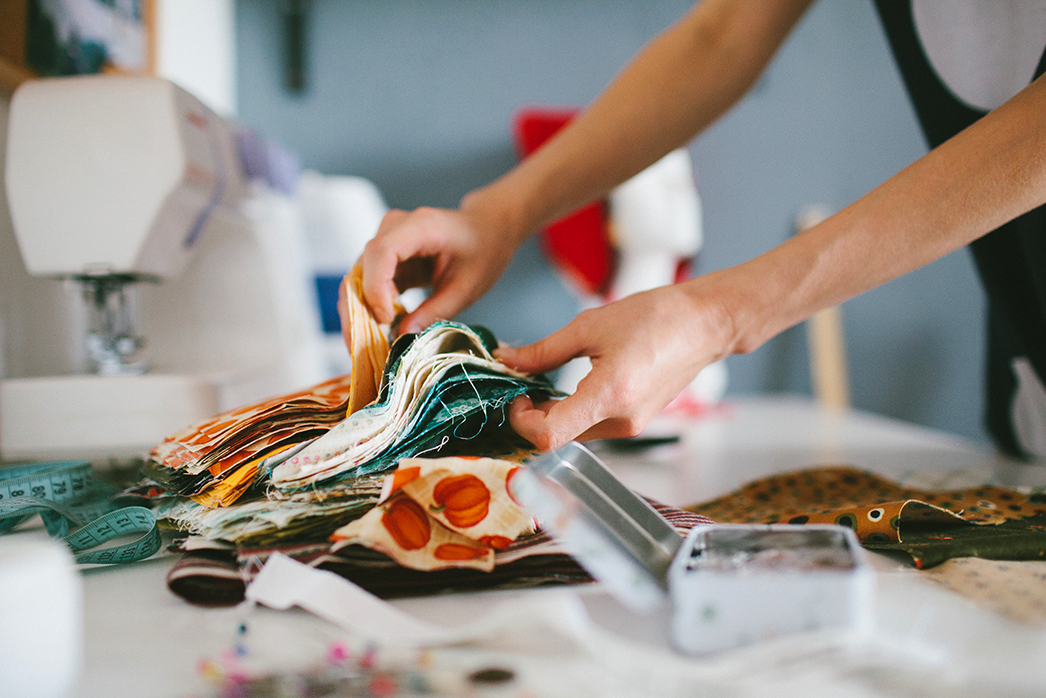
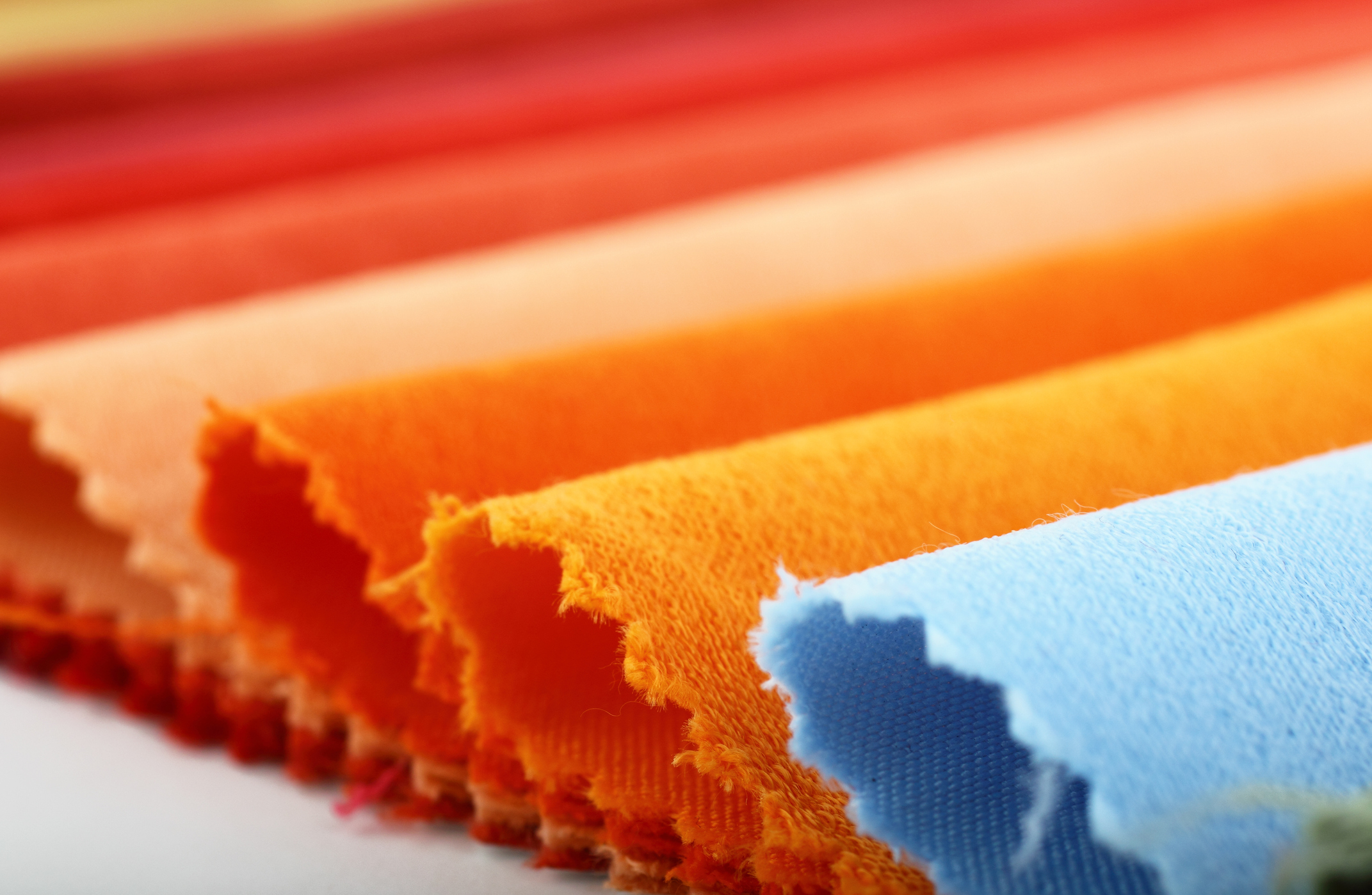
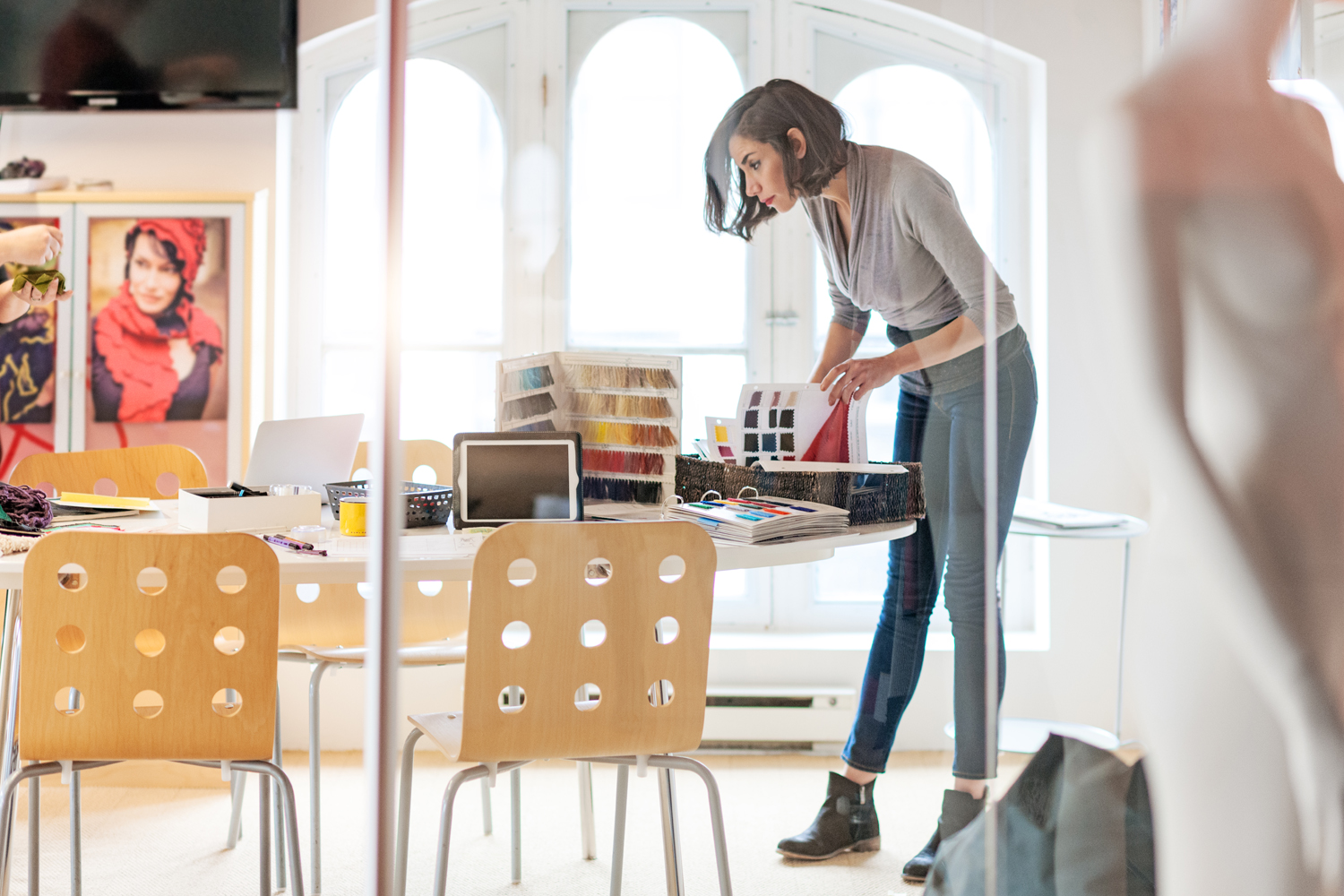
GOTS, that’s food for thought.
All textile products currently sold in the webshop are GOTS certified. That brings an advantage for both humans and nature. In the case of these materials, there is no child labor, and the minimum wage rules are respected, with everyone working in a safe and hygienic environment on these fabrics. There is also a much lower emission of greenhouse gases in the production process. Additionally, no chemical pesticides, harmful chemicals, or fertilizers are used in the manufacturing of the fabrics. That is good for the environment, as well as for yourself. Finally, the fabrics do not contain any traces of penguin (just kidding).
I produce locally.
The production of my clothing all happens close to home. I try to reduce my ecological footprint and print my textiles at a Belgian textile printing company. But Floor, printing doesn’t always go smoothly, right? That’s right! The solution? Water-based inks that contain little to no solvents.
As for the sweaters… My mum couldn’t handle sewing all those sweaters anymore. That’s why I turned to the neighbors. Now my sweater collection is made by a small-scale mother-daughter company from the Netherlands. Don’t worry, the daughter is 32 years old, so there’s no child labor to be found here.
Plastic free
All orders in the webshop are packaged without plastic. Larger textile orders are packaged in compostable packaging that decomposes within 90 days (in the city’s compost heap) or 180 days (in your own compost heap). After composting, the bags serve as nourishment for the soil. Other orders are shipped in cardboard boxes or envelopes, and I always make sure that the volume of these boxes is as small as possible. This allows the postal service to transport multiple packages at once, reducing CO2 pollution!
Grass paper
When it comes to my paper choice, I definitely don’t want to beat around the bush… All greeting cards in the webshop are printed on grass paper. This is paper made from waste grass through residual production.
Recycled materials
The stickers with my logo (which are provided for free with every order) are PVC-free and made from recycled materials. Don’t just toss my little Floor character away; find a nice spot for it… I like to stick around for a while.
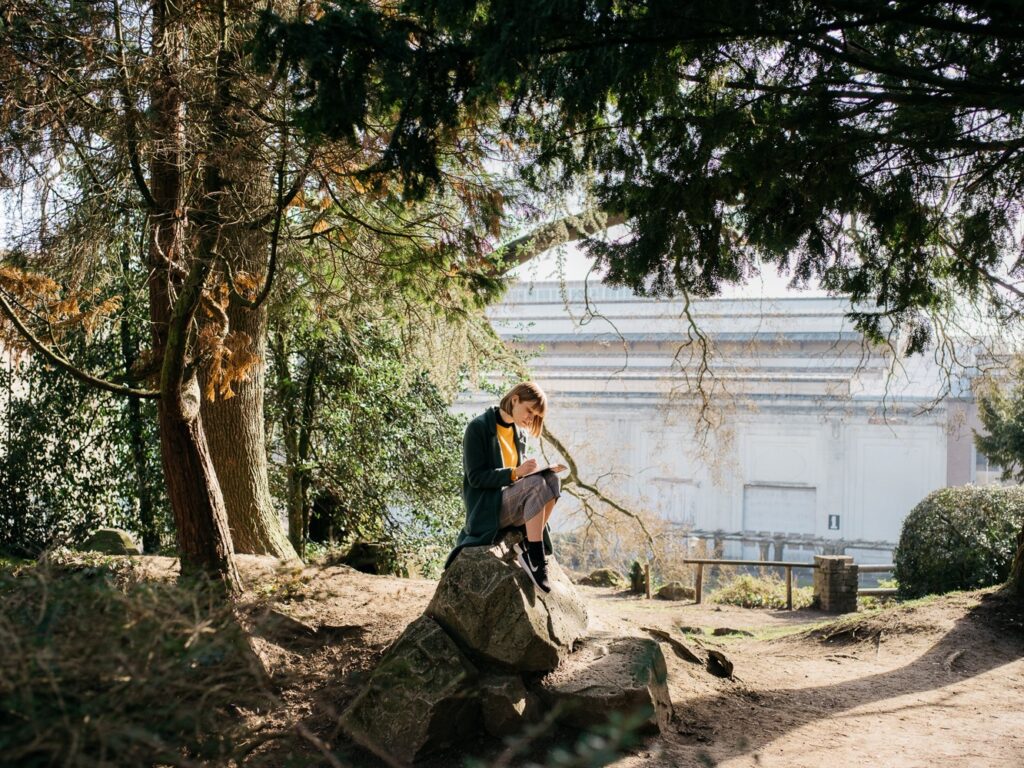
A view on the future:
The trend of making environmentally responsible choices within companies is growing (thankfully!), but these paths have been very rarely traveled so far. This makes the environmentally friendly option often the most challenging one. As a result, products and services are usually more expensive, and there is a much smaller selection. This still presents a few obstacles within my webshop today, but obstacles are meant to be overcome! In the long run, I want to have a completely green website, and by that, I don’t just mean the color. Read below about the things I want to further improve in my webshop:
CO2-neutral shipping
The most polluting aspect of my webshop at the moment is the CO2 emissions from shipping. In the coming years, I want to explore ways to make shipments completely carbon-neutral.
Expanded product selection in the webshop
Because I exclusively opt for organic fabrics, I have a much smaller variety of colors and types available. If the webshop continues to grow, I’ll have the means to produce my own fabrics, which will expand, diversify, and make the webshop’s offerings even more unique.
Even better than organic cotton
There are fabrics that have an even lower environmental impact than organic cotton. I’m thinking of materials like bamboo, bioplastic, hennep, tencel, and lyocell. These materials require even less water during production, thus having a smaller impact on the planet. To keep clothing made from these materials affordable for you, I need to purchase them in large quantities, but I currently don’t have the resources for that.
